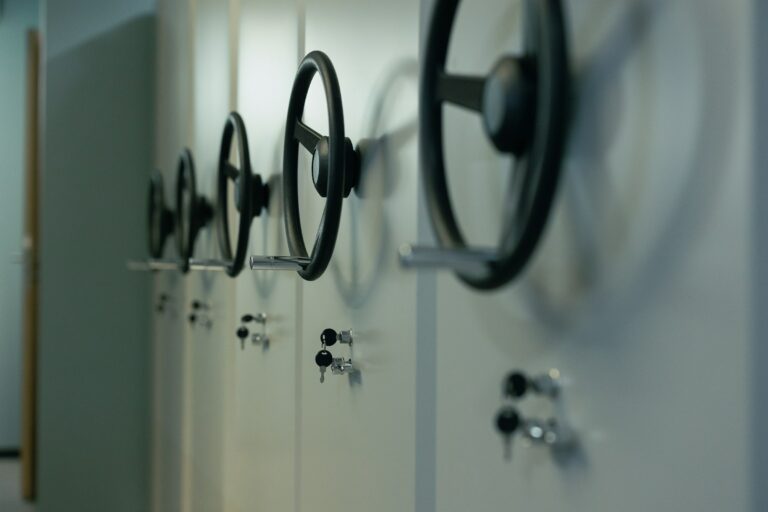
Is It Better to Inherit Stock or Cash?
To make an inheritance even more advantageous for heirs, it’s a good idea to streamline accounts and simplify what you own before you die, eliminating some complications during a very emotional time. The next three decades will see a massive transfer of wealth from one generation to the next, says a recent article “6 of the Best Assets to Inherit” from Kiplinger. If you might be among those leaving inheritances to loved ones, there are steps you can take to prevent emotional and even family-destroying fights resulting from problematic assets.
Cash is king of inheritance assets. It’s simplest to deal with and the value is crystal clear. If you have accounts in multiple financial institutions, consolidate cash into one account. Each bank may have different rules for distributing assets, so reducing the number of banks involved will make it easier. Just remember to stay within FDIC limits, which insures only $250,000 per bank per ownership category. Tell your children if they are going to receive a significant cash inheritance and discuss what they may want to do with it.
Cash substitutes. Proceeds from a life insurance policy are usually very cut and dried. When you pass away, the life insurance company pays beneficiaries the death benefit in cash, according to the beneficiaries named on the policy. Be sure to tell your heirs where the original policy is located. They’ll need to provide the insurance company with a death certificate and there may be a form or two involved. The proceeds are income tax free, although the death benefit itself is added to the value of your estate and might be charged estate taxes.
Bank products, like CDs and Money Market Accounts. You can set up these accounts to be Payable on Death (POD), so the person named can access the assets quickly after your death. Don’t put one person’s name on the account and hope they share with their siblings. That’s a recipe for family disaster. If your will has one set of instructions and the bank product names another owner, the bank will pay according to the titling of the account. The same goes for life insurance proceeds—the beneficiary designation supersedes instructions in a will.
Brokerage Accounts. Stocks, bonds, mutual funds and other assets held in a taxable brokerage account are easy to divide and value. They are also easy to sell and convert to cash. What’s more, they could give heirs a significant tax benefit. If you bought shares of Apple or IBM years ago and sold the stocks while you were living, you’d owe capital gains taxes. However, if the investments are inherited, the heir receives a step-up-in-basis, which means the investment basis goes to the market value on the day you die. It’s entirely possible for heirs to sell appreciated assets with no or little taxes due.
Assets that decrease in value fast: this is not for everyone. Let’s say you know your heir is going to take their inheritance and buy an over-the-top luxury item, like a new sports car or a yacht. You know the asset will lose value the minute it’s driven out of the showroom or launched for the first time. Rather than leave them cash to make a purchase, buy the car or boat yourself and leave it to them as an inherited asset. They lose value immediately, while reducing your taxable estate. You’ve always wanted a Lamborghini anyway.
Roth IRA—Best of All IRA Worlds. The Roth IRA is funded with after-tax dollars, and in exchange, retirement withdrawals and investment gains are income tax-free. If you leave a 401(k) or traditional IRA, heirs will owe taxes on withdrawals and unless they meet certain requirements, they have to empty the account within ten years.
Trust Fund Assets. This may be the best way to protect an inheritance from heirs. If you leave property outright to heirs, it’s subject to creditors and predators. Funds in a trust are carefully protected, according to the terms of the trust, which you determine. Your estate planning attorney can create the trust to achieve whatever you want. Inheritances in trusts are less likely to evaporate quickly and you get the final say in how assets are distributed.
Reference: Kiplinger (Dec. 9, 2021) “6 of the Best Assets to Inherit”

